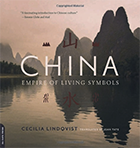
Arnold Joseph Toynbee (14 April 1889 – 22 October 1975) was a British historian whose twelve volume analysis of the rise and fall of civilisations, A Study of History, was a monumental synthesis of world history.
He believed that the cultural element in a civilisation is its soul… and essence.
(A Study of History, Volume 5)
“As a historian, he thinks nations rise or fall in relation to the moral unity of the family and the moral purpose of the state.”
(New York Times, 6 December 1972)
He anticipated the development of world language and religious education as a means of bringing all people into harmony because “unity and peace are the crying needs of the world in the age of ‘annihilating distance’”.
(South China Morning Post, 17 February, 1955)
He said that mankind should “heed the spiritual philosophies of ancient China which preach self-mastery, the oneness of man and the universe, and universal love”.
(Choose Life: A Dialogue, 1976)
Historically, religion came first and science grew out of religion. It is my expectation that science never will supersede religion.
(Surviving the Future, 1971)
The history of man is essentially the history of religion.
(South China Morning Post “Professor Toynbee dies at 86”,23 October 1975. Page 1)
A common moral standard, at least on fundamental moral questions, seems to be an indispensable basis for social and political solidarity. Morality is closely bound up with religion; and religion is the heart of human life.
(Change and Habit: The Challenge of Our Time, 1966)
At first sight, Buddhism and Christianity and Islam and Judaism may appear to be very different from each other. But, when you look beneath the surface, you will find…that they all teach that egocentricity can be conquered by love.
(Surviving the Future, 1971)
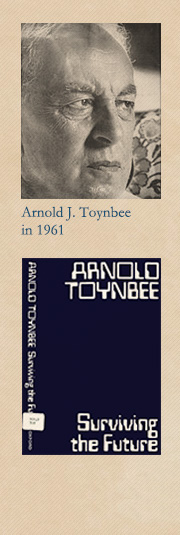
I feel confident that the tradition of the past is also “the wave of the future.”. . . Our choice is going to be, not between a whole world and a shredded-up world, but between one world and no world. . . . In the 21st century, human life is going to be a unity again in all its aspects and activities.
(“It is ‘One World’ or ‘No World,’” New York Times, April 5, 1964)
Eastern Asia had a number of historical assets that might enable it to become the geographical and cultural axis for …the whole world.
Mr. Toynbee listed these as:
(South China Morning Post, “Toynbee sees new global role for China”,3 May 1976, page 2.)
I think we might develop a world culture which selected the best out of the regional cultures and made it a common possession for the whole human race.
(Surviving the Future, 1971)
China has been more successful in solving two crucial problems: it has succeeded for centuries in holding together millions of people in relatively stable domestic peace and order, and it has also succeeded in assimilating a foreign ideology, Buddhism, in a way that enriched the indigenous civilisation.
(‘Inheritors of the Earth?’ Horizon, volume 16,No.3, Summer, pp.18-19)
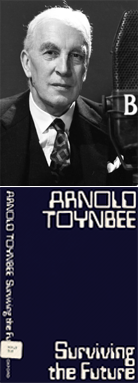
Goodwill is the commitment to treating ordinary people with sympathy and understanding . . .. Here the Chinese may have a great task to perform in the teaching of the rest of the world, for their bureaucracy has an experience of two millennia.
(Within the Four Seas:The Dialogue of East and West)
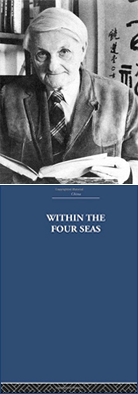
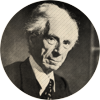
There are certain broad features of the traditional Chinese civilisation which give it its distinctive character. I should be inclined to select as the most important: (1) The use of ideograms instead of an alphabet in writing; (2) The substitution of the Confucian ethics for religion among the educated classes; (3) Government by literati chosen by examination, instead of by a hereditary aristocracy.
(The Problem of China)
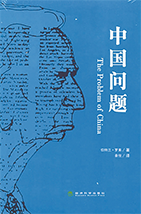
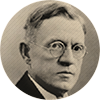
The traditional literary language of China is, as we have stated, an esperanto, but, be it observed, exclusively a written one . . .. This marvelous tie between all the parts of the great country which is formed by its literary language, its written esperanto, would have to be broken. . . . As it is now, the Chinese possess a medium that carries them through all local limitations.
(Sound and Symbol in Chinese)
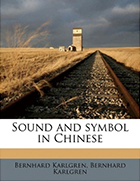

Characters are the focal point of Chinese culture. In them the experiences and observations of thousands of years of human life are summarized.
(China: Empire of Living Symbols)
